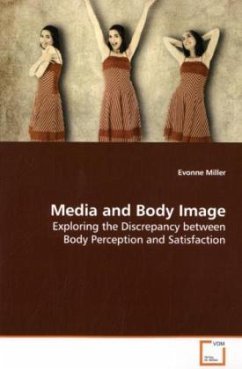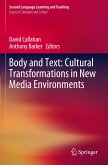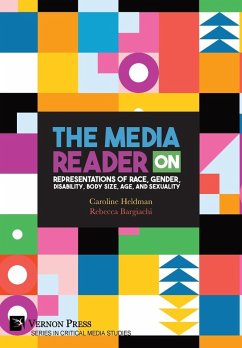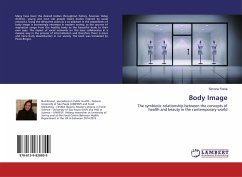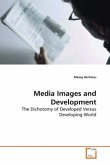This research explores the relationships among media
consumption, body satisfaction and perception.
Correlational and experimental studies typically
link exposure to the thin female body shape
currently over-represented in the media with
increased body dissatisfaction - contrary to this,
however, my research demonstrates that women who
view thin models perceive their bodies to be thinner
(and closer to their ideal figure) than those who
viewed control images. Yet, cognitive body
dissatisfaction either did not change or increased.
To explain this discrepancy, an anchoring
explanation was postulated whereby exposure to thin
women alters perceptions of their own weight, as
well as what weight is normal . My research
suggests that women s perception of, and
satisfaction with, their body vary depending on the
anchor provided by media images, their perceived
similarity to the image and their perception of
their relative body size.
consumption, body satisfaction and perception.
Correlational and experimental studies typically
link exposure to the thin female body shape
currently over-represented in the media with
increased body dissatisfaction - contrary to this,
however, my research demonstrates that women who
view thin models perceive their bodies to be thinner
(and closer to their ideal figure) than those who
viewed control images. Yet, cognitive body
dissatisfaction either did not change or increased.
To explain this discrepancy, an anchoring
explanation was postulated whereby exposure to thin
women alters perceptions of their own weight, as
well as what weight is normal . My research
suggests that women s perception of, and
satisfaction with, their body vary depending on the
anchor provided by media images, their perceived
similarity to the image and their perception of
their relative body size.

